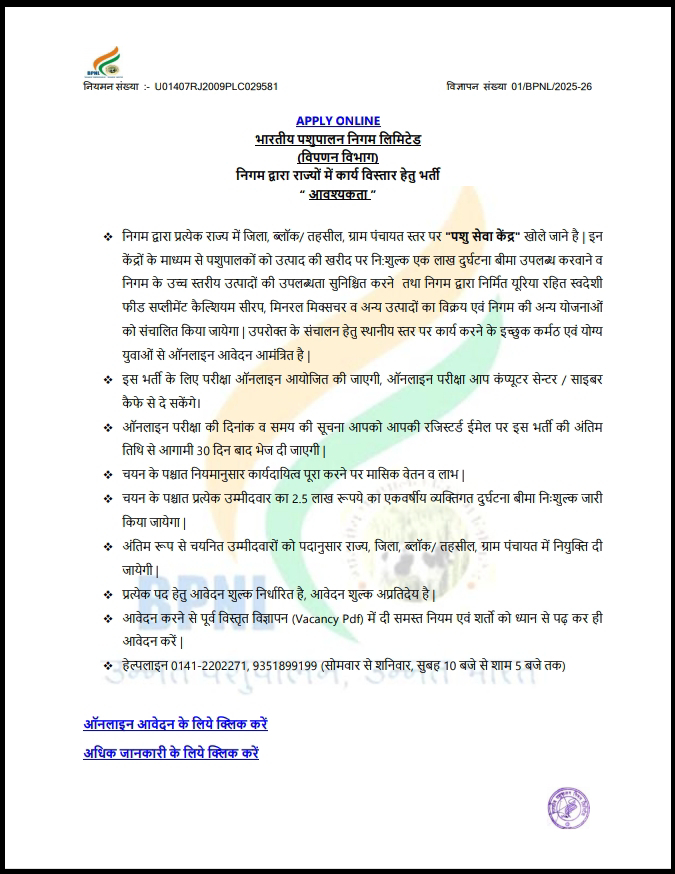A farming system refers to a complex and interconnected set of components and activities on a farm, organized and managed by a farming household to achieve specific production goals. It involves the interaction of various elements such as crops, livestock, labor, capital, and other resources, influenced by environmental, economic, social, and political factors. Essentially, it's a holistic approach to agriculture that considers the farm as a whole unit.
An integrated farming system (IFS) taes this a step further by strategically integrating different farm enterprises in a way that they complement each other. The waste from one component becomes an input for another, aiming for greater resource efficiency, economic viability, and environmental sustainability.
Here are the main components often found in an integrated farming system:
* Crops: This is the primary component, including the cultivation of various cereals, pulses, oilseeds, vegetables, fruits, and fodder crops. IFS often emphasizes diverse cropping systems like intercropping, mixed cropping, and crop rotation to enhance productivity and soil health.
* Livestock: Integrating animals like cattle, buffaloes, goats, sheep, poultry, and pigs can provide manure for crops, utilize crop residues as feed, and generate additional income through milk, meat, eggs, etc.
* Fisheries/Aquaculture: Incorporating fish ponds or other aquaculture systems can provide a source of protein and income. Fish waste can also be used as a nutrient source for crops.
* Agroforestry: Integrating trees with crops and/or livestock provides multiple benefits such as timber, fuelwood, fruits, fodder, shade for animals and crops, and helps in soil conservation and carbon sequestration.
* Horticulture: Growing fruits, vegetables, and flowers can diversify farm income and provide nutritional security.
* Apiculture (Beekeeping): Bees not only produce honey and beeswax but also play a crucial role in pollinating crops, thus increasing yields.
* Mushroom Cultivation: Utilizing agricultural waste like straw to grow mushrooms can provide an additional source of income and nutritious food. The spent mushroom substrate can then be used as compost.
* Vermicomposting: Using earthworms to decompose farm waste and livestock manure produces nutrient-rich vermicompost, which can be used as a high-quality organic fertilizer for crops.
* Bioenergy: Utilizing crop residues and animal waste to produce biogas or other forms of energy can reduce reliance on external energy sources and manage farm waste effectively.
The specific combination and importance of these components vary depending on factors like farm size, agro-climatic conditions, market demand, and the farmer's resources and preferences. The key principle of IFS is to create synergistic relationships between these components for a more sustainable and profitable farming operation.

.jpeg)






